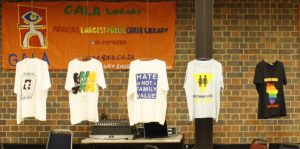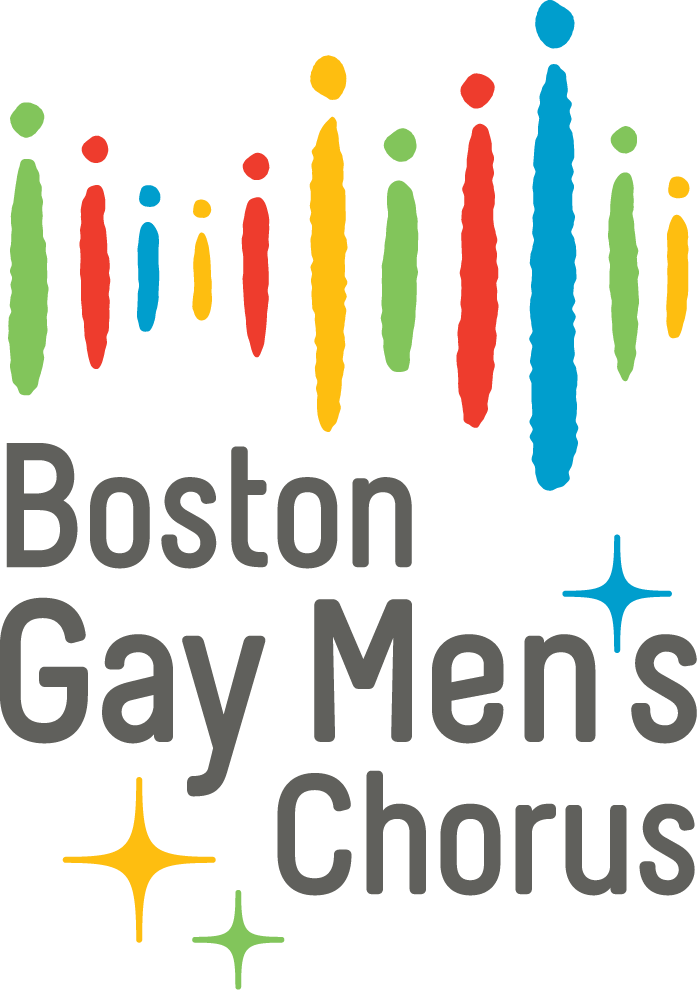 In Johannesburg, LGBTQ youth can hang out at the GALA YOUth Forum, a weekly discussion group hosted by GALA-Gay and Lesbian Memory in Action, a center for LGBTQ culture and education dedicated to collecting, preserving, and sharing South Africa’s LGBTQ history. While there, they can pick up a copy of “Queer Realness,” a monthly publication by and for LGBTQ youth.
In Johannesburg, LGBTQ youth can hang out at the GALA YOUth Forum, a weekly discussion group hosted by GALA-Gay and Lesbian Memory in Action, a center for LGBTQ culture and education dedicated to collecting, preserving, and sharing South Africa’s LGBTQ history. While there, they can pick up a copy of “Queer Realness,” a monthly publication by and for LGBTQ youth.
Given the theme of its February issue—Love Sucks, featuring pieces like “The Seven Stages of my Lesbian Break-Up” —we’d say they’re keeping things real for the kids.
The focus on youth is just one component, albeit an incredibly important one, of GALA’s work. The South African organization celebrated its 20th anniversary last November by launching the exhibition “Out the Box: A Glimpse into 20 Years of Queer Archiving,” a showcase of its 200+ archival collections documenting the country’s LGBTQ history.
Justice Edwin Cameron, a judge on the Constitutional Court of South Africa and a GALA Patron delivered remarks at the event. He called the organization’s work “of critical importance, not only to South Africa, but to the whole continent,” especially given the persistence of state-sanctioned homophobia and violence in other African countries.
“Same-sex love remains illegal in 38 of 54 African countries,” Cameron noted. “It is punishable by death in Mauritania, Sudan, and Somalia.”
Visibility, said Cameron, forces change, which is why GALA’s “precious and vital” work must not just continue, but expand to encompass other parts of Africa:
GALA reminds us of where we came from–of the oppression of apartheid; of the savage toll that AIDS took upon our leaders including [activist] Simon [Nkoli]; of the struggle against both apartheid and AIDS, in which LGBTI persons, like Simon and Zackie Achmat played an heroic role.
In valuing GALA’s work, we draw a direct connection between being visible and vocal, being seen and being respected, between knowing the history of our struggle and knowing how best to win that struggle across our whole continent in the years that lie ahead.
As an organization deeply committed to visibility for the LGBTQ community, we feel great affinity for GALA and its work. We’re proud that we’ll be donating proceeds from our June 16 concert in the Great Hall of Wits University in Johannesburg to fund GALA’s work with LGBTQ youth.
In a video interview we posted back in November, GALA Director Keval Harie called the YOUth Forum “a very important space, particularly for younger people and particularly those people who identify as trans or gender nonconforming, who don’t necessarily have safe spaces within the kind of broader Johannesburg community. They really do see this as a place where they can just come and be themselves.”
GALA was founded in 1997, a year after President Nelson Mandela signed the final draft of South Africa’s constitution into law—the first constitution in the world to explicitly outlaw discrimination based on sexual orientation. It began as a small collection of books and stories about lesbian and gay South Africans that was housed in, of all places, a closet on the Wit University campus.
“We’ve kind of grown to specifically be a historical archive for the LGBT movement in South Africa,” said Harie. “A strong component of the archive focuses on anti-apartheid struggle activists who also strongly identified as lesbian and gay and who were then able to kind of push the liberation movement to accept that [fact]. And that’s partly why sexual orientation [is] protected in our constitution.”
Speaking of visibility, Harie said that GALA is excited to partner with BGMC during our tour because there is “such a need for queer arts, queer culture, particularly in Johannesburg. And being able to…foster that kind of intercultural exchange is so important for us.”
Harie also looks forward to introducing the chorus to the next generation of history makers—a group of people he described as “young, queer [and] unapologetic about it, which is pretty amazing and inspiring. So, I think that we can bring that, or at least show that, to the Boston Gay Men’s [Chorus].”
